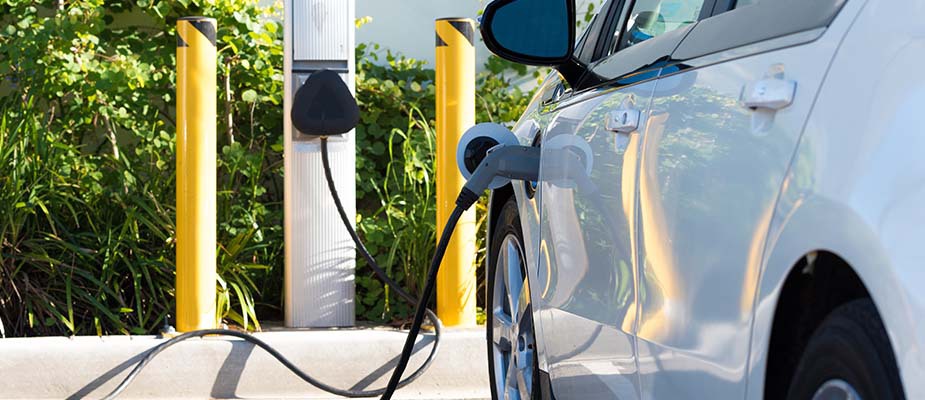Electric Vehicles No Panacea Ethically
Electric Vehicles No Panacea Ethically

You want to do the right thing with your next automobile purchase. You want to be “green.”
Electric vehicles are all the rage. Prospective buyers believe they are helping to reduce carbon emissions; of course, the electricity to manufacture and power the vehicle have to emanate from somewhere, including carbon-based electrical producers.
The batteries are environmentally dubious. They require cobalt and other metals. Two primary sources of cobalt are China and the Congo.
Although we have considerable trade with China, the country’s current ruler, Xi Jinping, is, at best, authoritarian, and more realistically, a despot who looks good in a suit. China’s human rights record is dismal (although, admittedly, the United States has some blemishes in this regard). Jinping’s suppression of a free press truly separates his record on freedom from that of the United States.
The Congo has a long and unhappy history interacting with industrialized countries. King Leopold II claimed the Congo as his private fiefdom during the late 1880s and early 1900s. He ruthlessly exploited the country’s resources and its people through a system of forced labor that exceeded other colonial powers, such as Germany, Spain, Italy, England, and France. I suppose a modern-day world government might indict and convict Leopold II of crimes against humanity.
In the century after Leopold’s death in 1909, the Congolese gained their independence but only intermittent respite from violence. Despite this sad legacy, the Congo has an economic ace-in-the-hole with its holdings of cobalt, a key material for lithium batteries used to power electric vehicles.
Siddharth Kara, a professor studying human trafficking and modern slavery, visited cobalt mines throughout the Congo. He was not welcomed by mine owners and other authorities, and presumably he often went incognito. His new book, Cobalt Red: How the Blood of the Congo Powers Our Lives, documents his findings. According to book reviewer, Mark Mills (Walt Street Journal, February 1, 2023, www.wsj.com/articles/cobalt-red-review-the-human-price-of-cobalt-11675293373), “[Mr. Kara] saw a ‘hellscape of craters and tunnels, patrolled by maniacs with guns.’ It was a ‘lunar wasteland,’ a ‘devastated landscape’ that ‘resembled a battlefield after an aerial bombardment.’”
You might think mining would be a machine-intensive industry, but cobalt mining in the Congo relies on handheld tools wielded by unfortunate workers, who apparently were coerced or enslaved. In one scene quoted by Mills, “more than three thousand women, children, and men shoveled, scraped, and scrounged…under a ferocious sun and a haze of dust.” These are not merely unpleasant working conditions but are, in fact, lethal, brutal conditions, more akin to totalitarian slave (political) camps in the former Soviet Union or today’s North Korea or Venezuela.
One mine official, however, appeared to have a sardonic sense of humor or was catering to western public opinion by posting a sign to a mine’s entrance: “Our values—Transparent, dynamic, respectful, accountable, socially responsible.” The workers would probably fail to appreciate the irony.
Mills concludes his review by noting that the Congo and cobalt red are just one of many minerals possessed and extracted by unsavory regimes around the world. Mining has always been nasty, dangerous business, but owners of electric vehicles should weigh in the human costs of going green. As I’ve said in several other opinion pieces, ethically going green is very difficult and requires much research. We all have ignorance regarding what is the best way to resuscitate the planet. Unfortunately, many of the advocates often skimp on the details.
The views and opinions expressed are those of the author and do not imply endorsement by the University of Northern Iowa.




